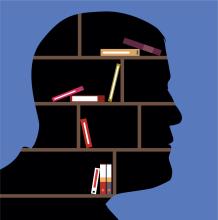Opinion
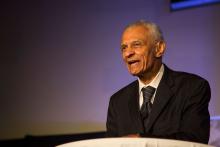
While researching C.T. Vivian’s life, I had the honor of sitting with Vivian for hours, hearing about his life and work. “This was truly a religious experience,” he said. “People need to know that.”

I spent a year collecting ethnographic data in a predominantly white, conservative, Christian K-12 school. It troubled me that my tax dollars were being used to support the kinds of teaching and discriminatory admissions practices I witnessed.
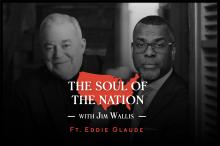
Dr. Eddie Glaude speaks with Rev. Jim Wallis about the need for a profound change in America that he calls the "The Third Founding."

Families are anxious to hear whether, when, and how schools will reopen. They can’t. And it’s because of a failure of leadership.

I worry my children will be stunted by the solitary nature of our lives. Like how a tree during a hard season slows its growth, a ring for a year of strain nothing more than a thin encasement, the depth of skin. We’ve spent months in isolation, only briefly in the midst of others, but never close enough to touch.

The tangled web of some U.S. and international evangelical and Pentecostal leaders blessing Israel’s expansionist ambitions toward the West Bank and more has a long and complicated history. President Trump has wrapped his political arms around those religious allies today in a craven attempt to preserve his evangelical base. But other Christians – including many prominent evangelicals – have consistently refused to condone Israeli occupation of Palestinian land as a supposedly “biblically sanctioned” real estate plan.

Living an embodied faith asserts meaning upon our bodies both as individuals, and in relationship to one another. This means that the places our non-white bodies inhabit tell a story in itself, just as God enfleshed “entered our lives, calling us from the tomb in which society has sought to confine us.” The shared space of believers living out the Christian faith in diverse, multi-ethnic communities is a witness to our world of the power of Jesus Christ.
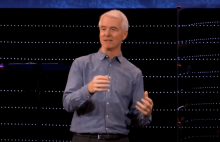
Menlo Church pastor John Ortberg Jr. knew his son was attracted to children and failed to restrict his access.

The government of Israel could soon begin formally annexing a significant portion of the West Bank. As the leader of an ecumenical and nonpartisan organization focused on advocating for a just and lasting end to the conflict in Israel-Palestine, I am deeply worried annexation will entrench inequalities and abuses of Palestinian human rights.
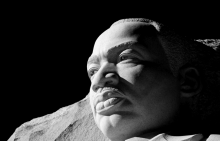
Although more politically conservative and evangelical voices are joining in the #BLM chants of “No Justice, No Peace,” there are undoubtedly shaky voices and (perhaps hostile) minds who hold that while black lives do matter “in theory,” radical institutional change is far too dangerous and subversive, if not completely un-American.

Let’s be very clear: Tearing down symbols is not enough. Changing statues can never substitute changing policies and practices based on skin color and that still undergird this country’s systematic racism. But symbols do send clear messages about personal and national memory and about future possibilities.
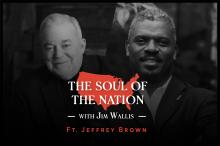
"If you have people straining to live under the weight of a system that seeks to constantly dehumanize, then it doesn't matter how much training the police will get."

Before I learned my town’s true history, I cared about racial justice.

How did wearing a mask become a partisan act rather than a public health imperative? Tragically, even wearing a mask has fallen prey to our culture wars and political polarization.
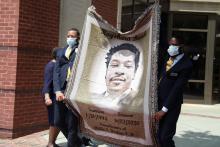
Whether their blood cries out from Valdosta Ga., or the Georgia Diagnostic and Classification Prison, their cries cannot go unanswered.

Good Trouble is a timely and deeply moving film, particularly in this moment of national awakening and reckoning around police violence and systemic racism, and as we approach what feels like the most consequential election in my lifetime.
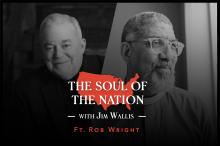
"If the Bible says anything, it says that God and neighbor both are irreducible."
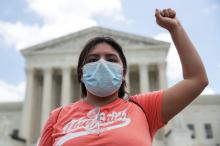
Even as we allow ourselves to savor this victory and be lifted by the hope of this moment, we also need to prepare and strategize for what’s next, because the fight for immigration justice is far from over. The justices of the Supreme Court did not rule on the merits of whether Trump is allowed to end DACA — but rather on the way in which he attempted to do so.
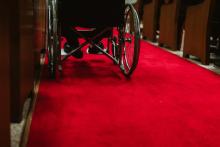
Justice is not something we form or fashion. It is woven by God into the very fabric of creation. It has been from the very dawn of time. Justice just is. Our responsibility is to let justice roll, and that means removing those barriers — individual, structural, systemic — that stand in its way, blocking justice from reaching its appointed destination.
